February 7, 2024
Programs
January 13, 2023

Countries and regions feature big cultural, political and economic differences and require custom approaches
December 9, 2022

Inteleos is testing artificial intelligence to write certification exam questions

Coalition will work together for decades to achieve goal.
November 4, 2022

AI can tailor unique communications to thousands of users.
October 17, 2022
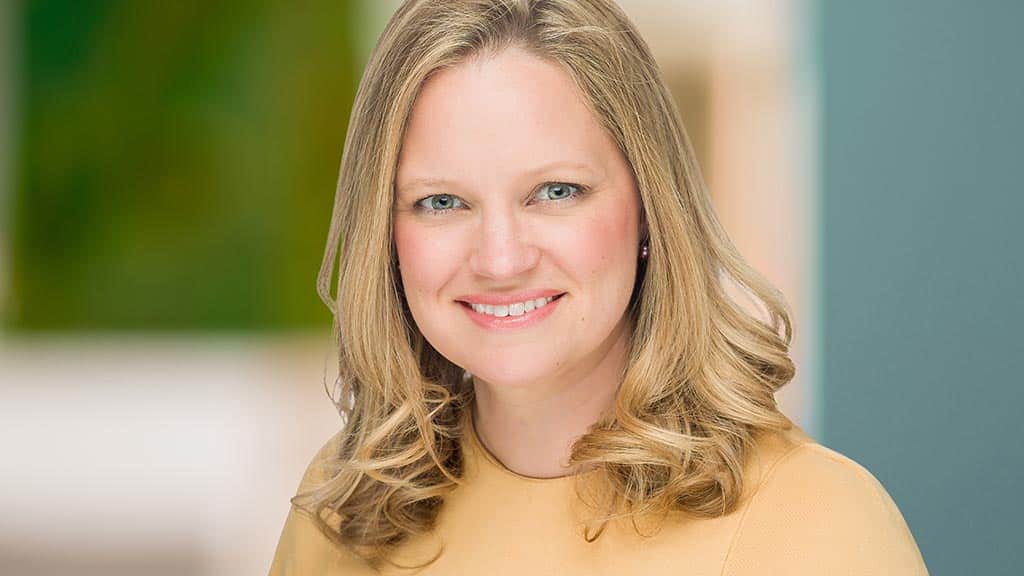
Low risk tolerance holds some back, but others are having great success; Consumer Brands Association is thinking big.
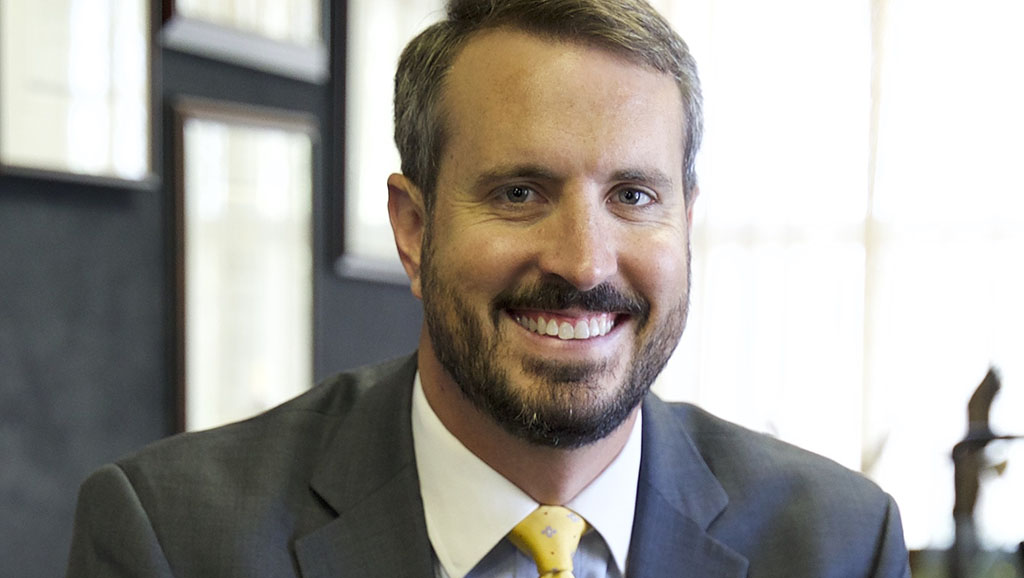
Users see paying monthly fee for online education as more affordable and practical.
August 19, 2022
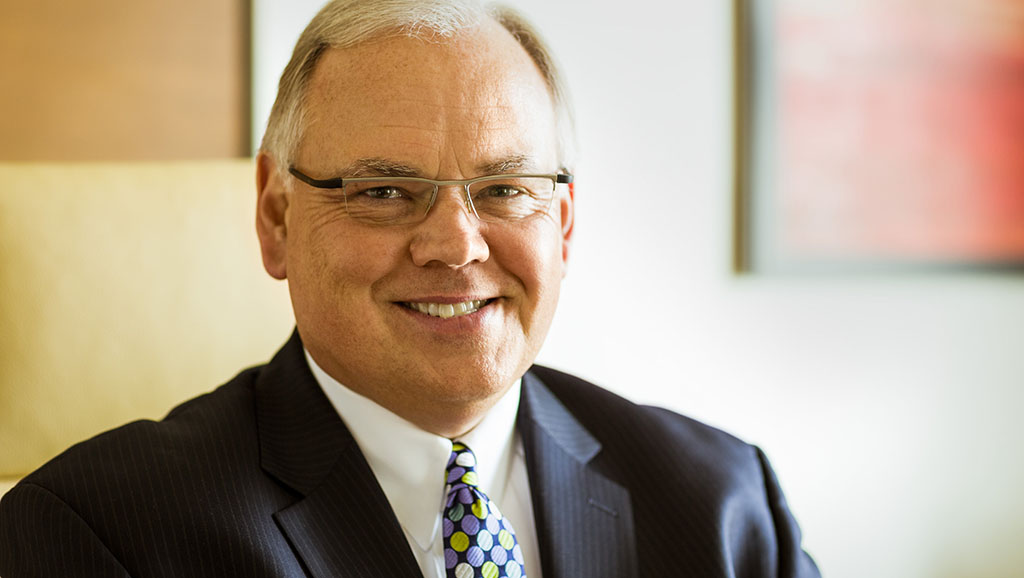
Curriculum at colleges or universities can aid workforce development.
July 29, 2022
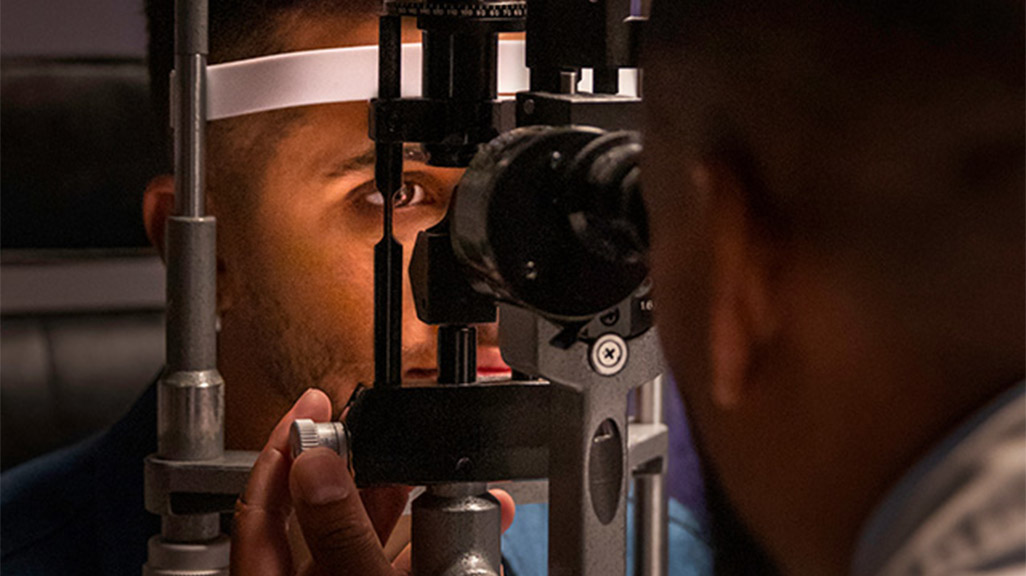
American Optometric Association focuses on public awareness.
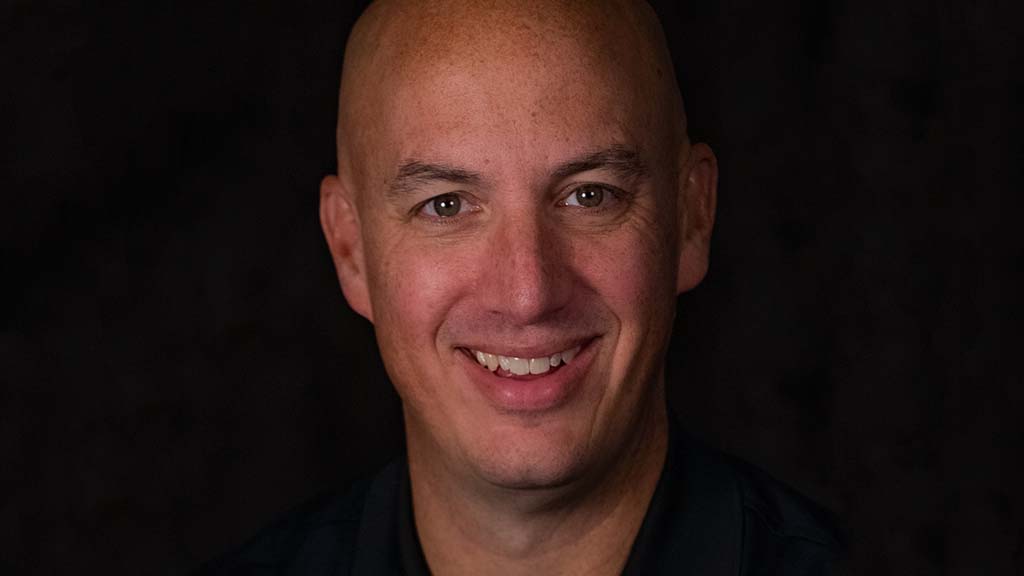
NAFA Fleet Management Association aims for consistent member experience while reducing administrative burdens on chapter leaders.

